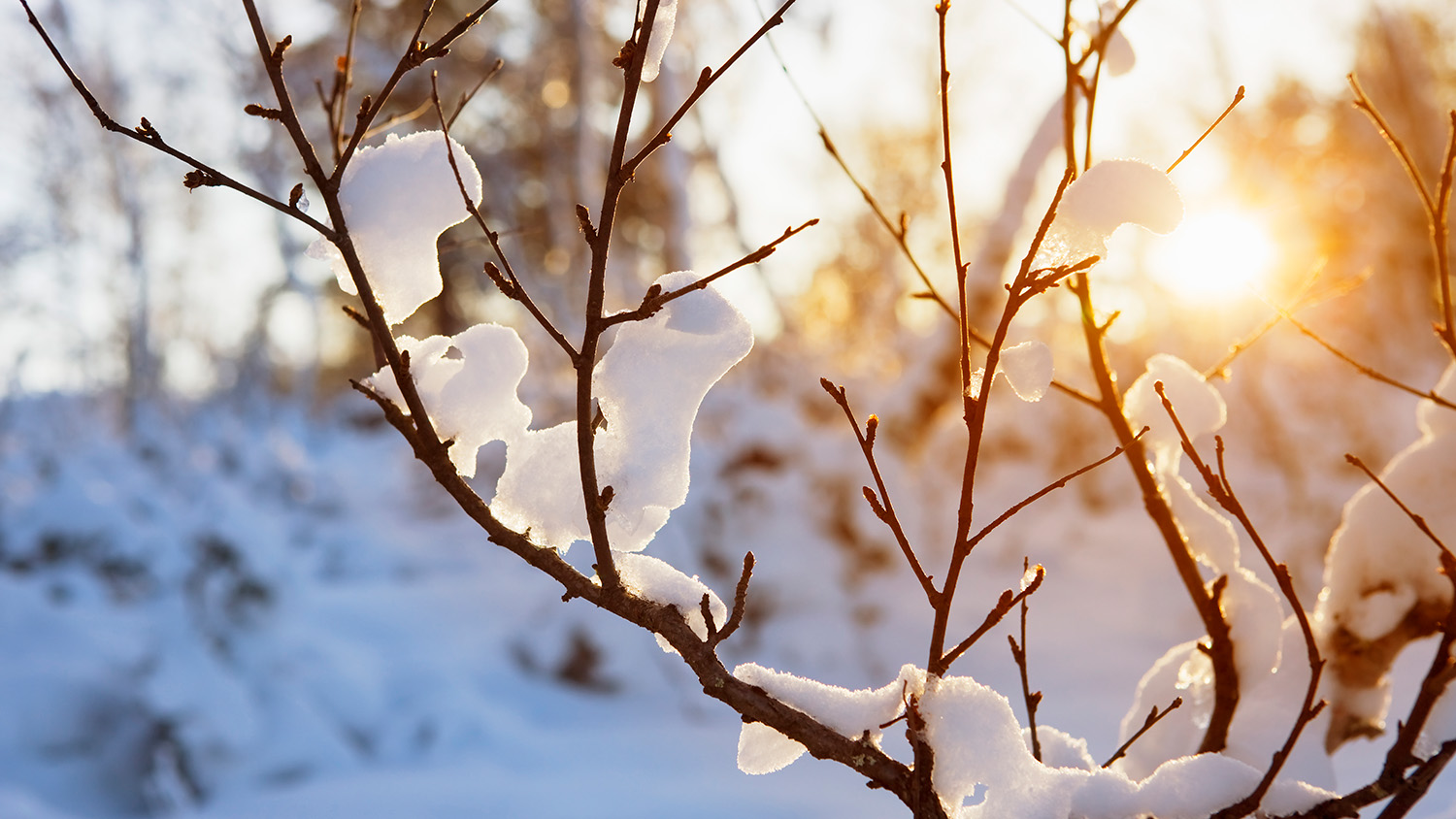fer-research
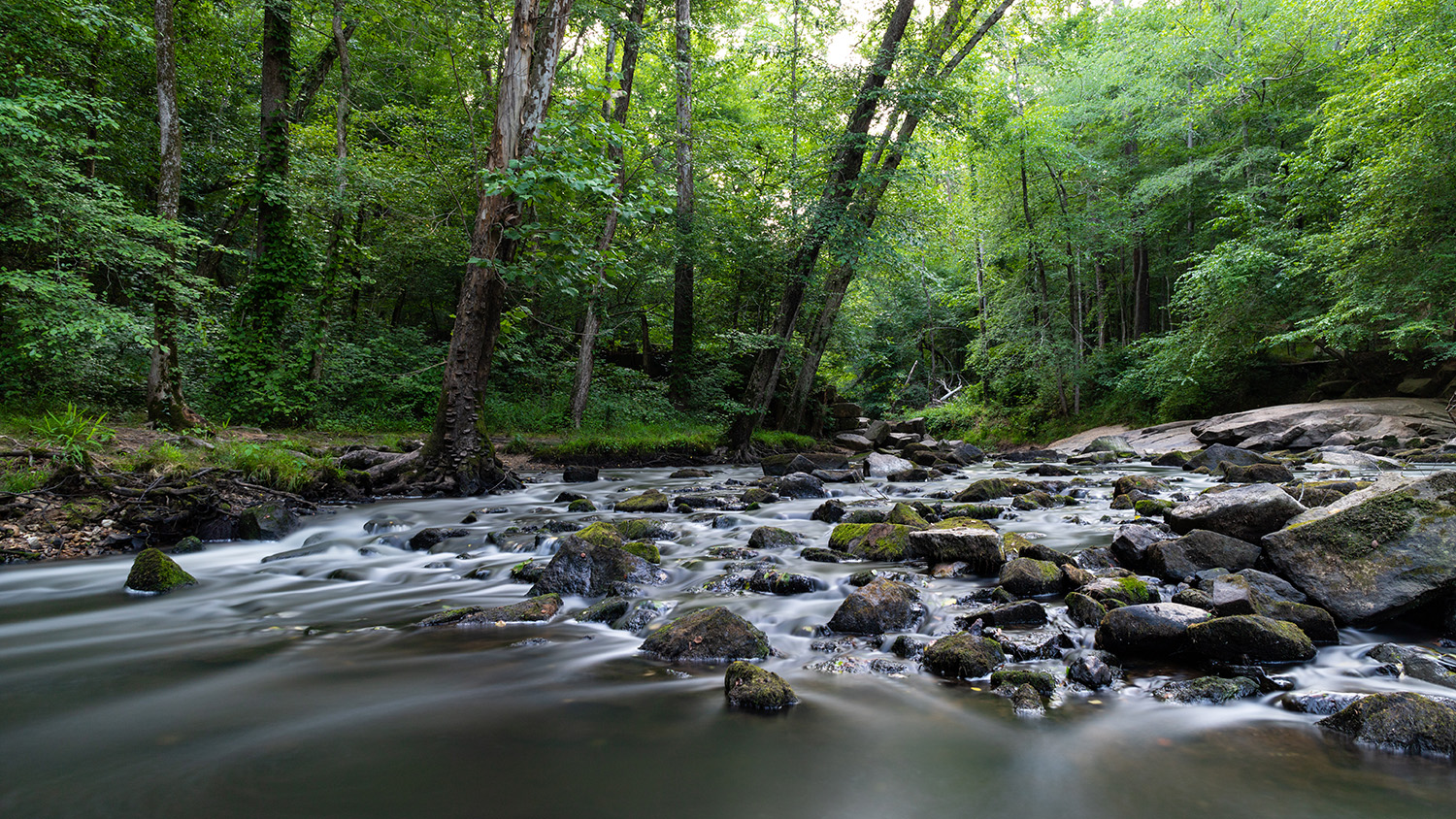
Open Space Has Increased in the Triangle, But There’s Still Work To Be Done
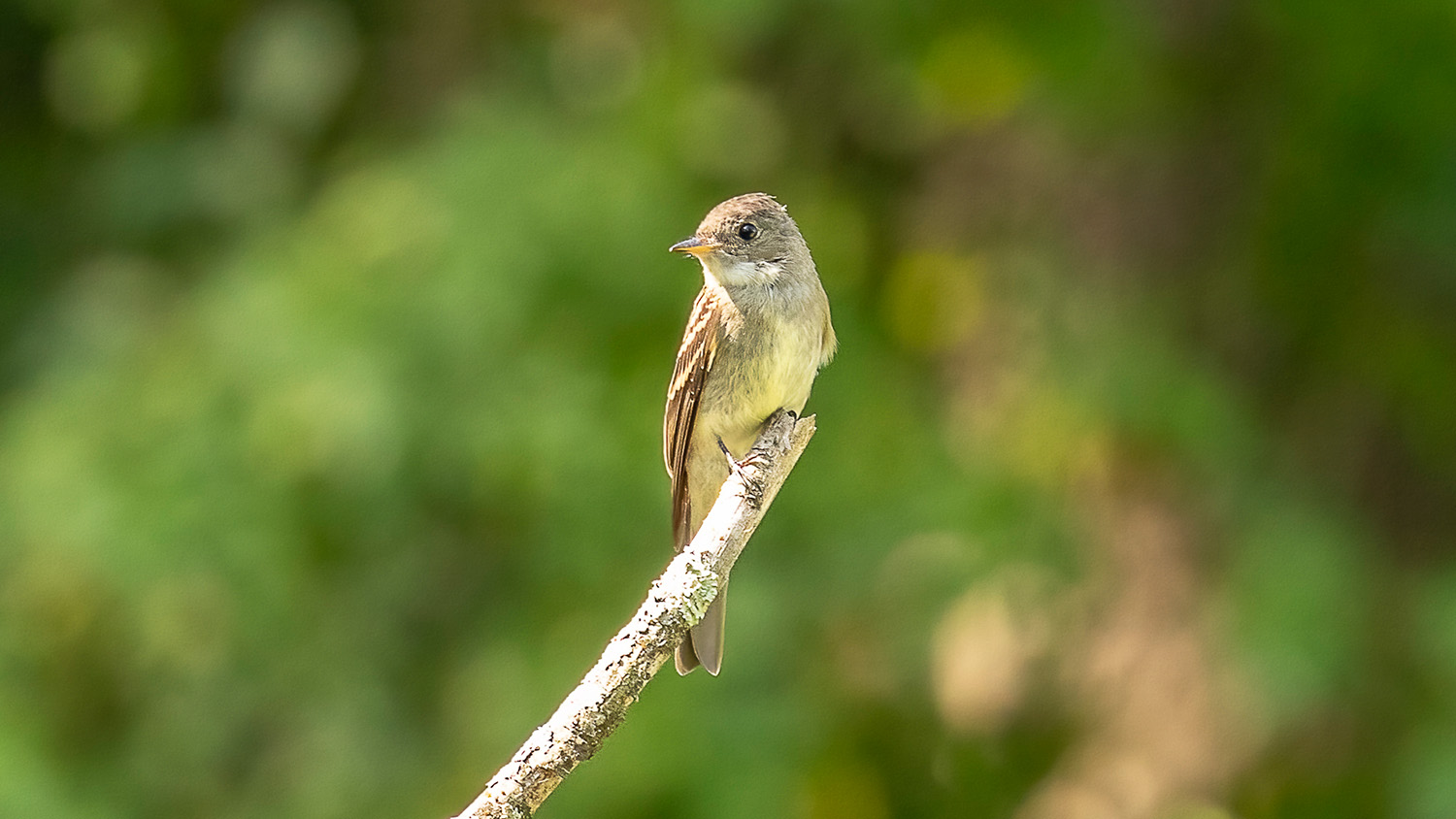
Some Birds ‘Win’ and Some ‘Lose’ with Sea Level Rise, Expert Says
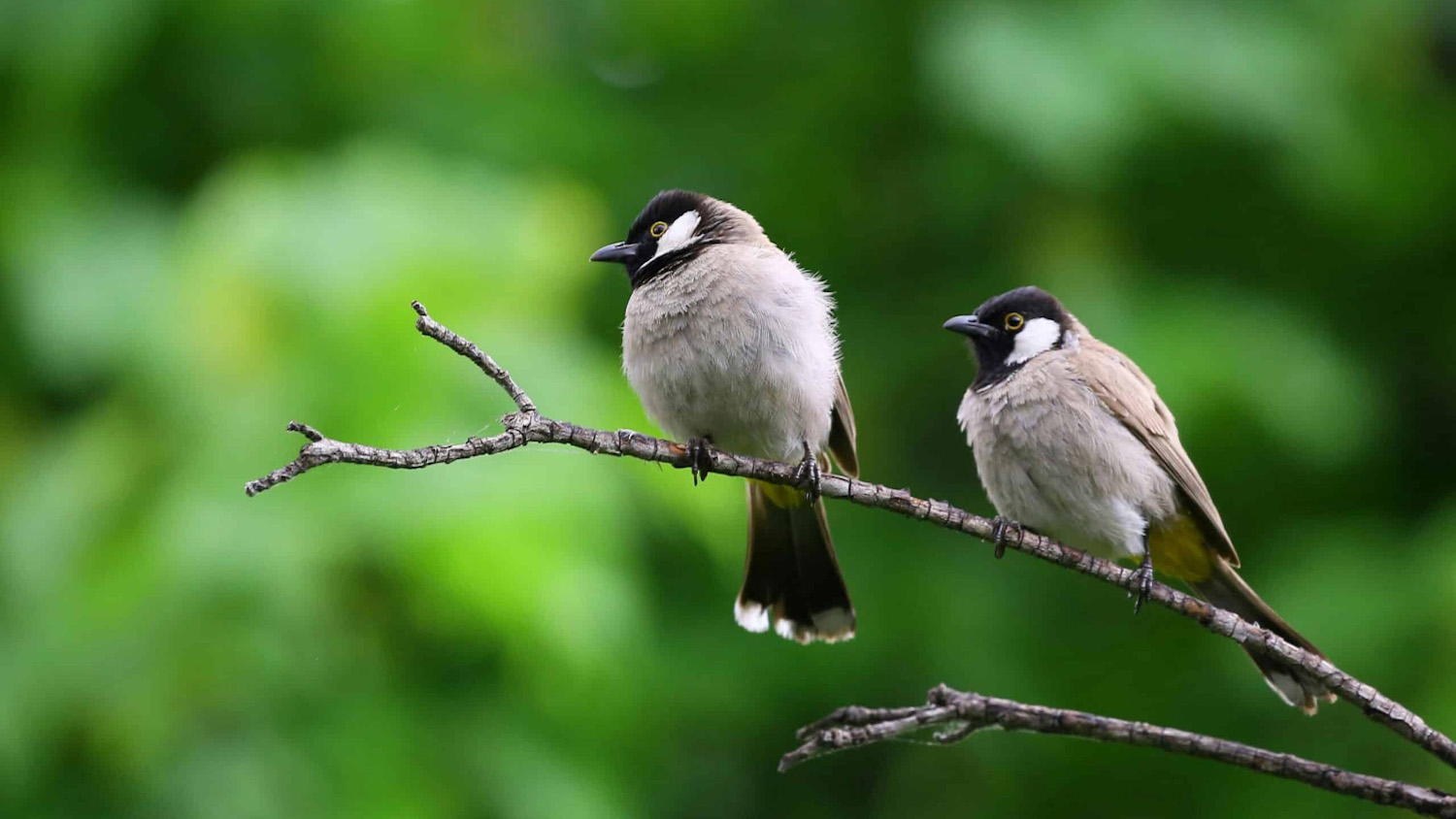
Birdwatching Can Help Students Improve Mental Health, Reduce Distress
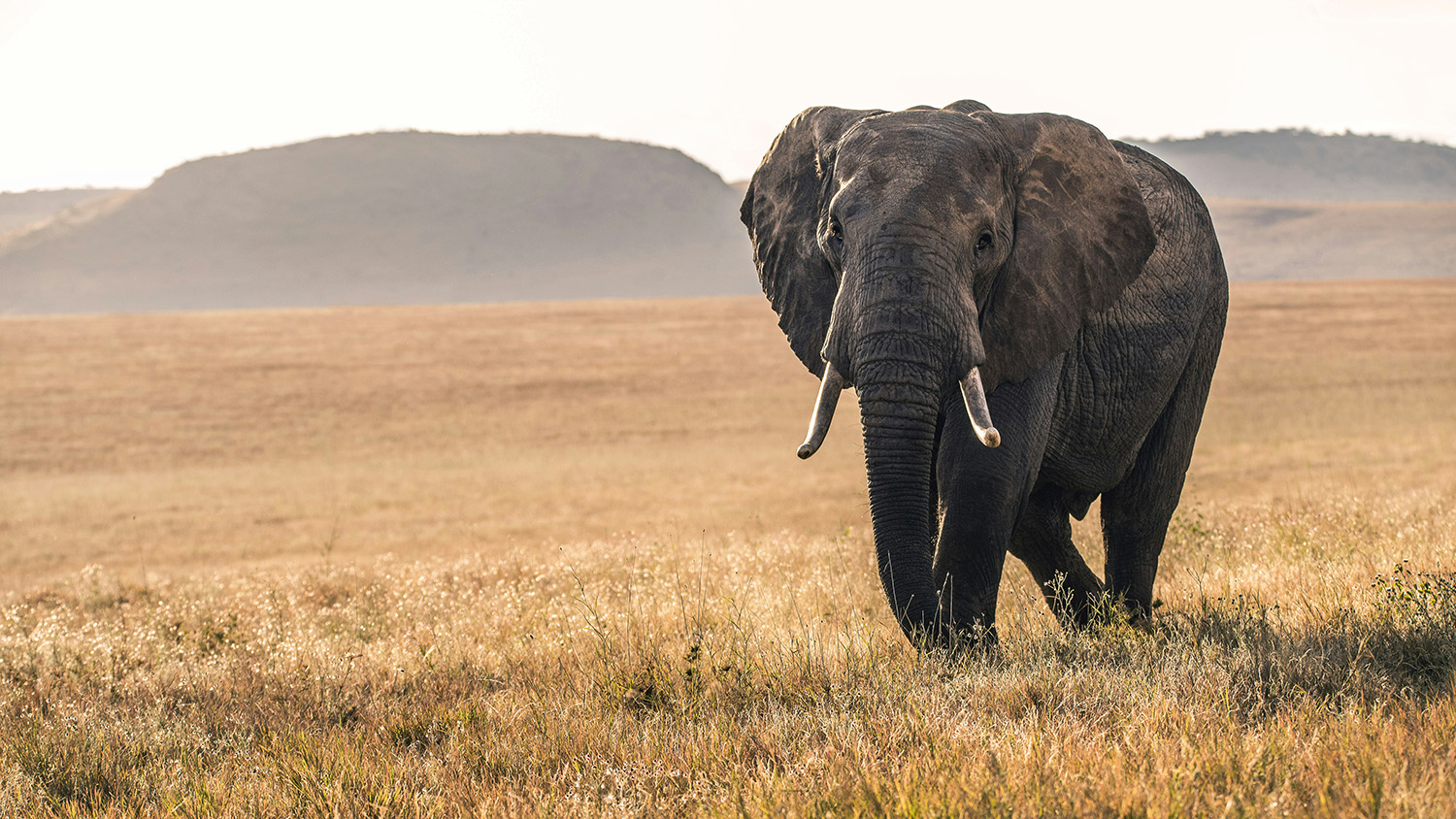
Mammals on ‘Sky Islands’ May Be Threatened By Climate Change, Human Development
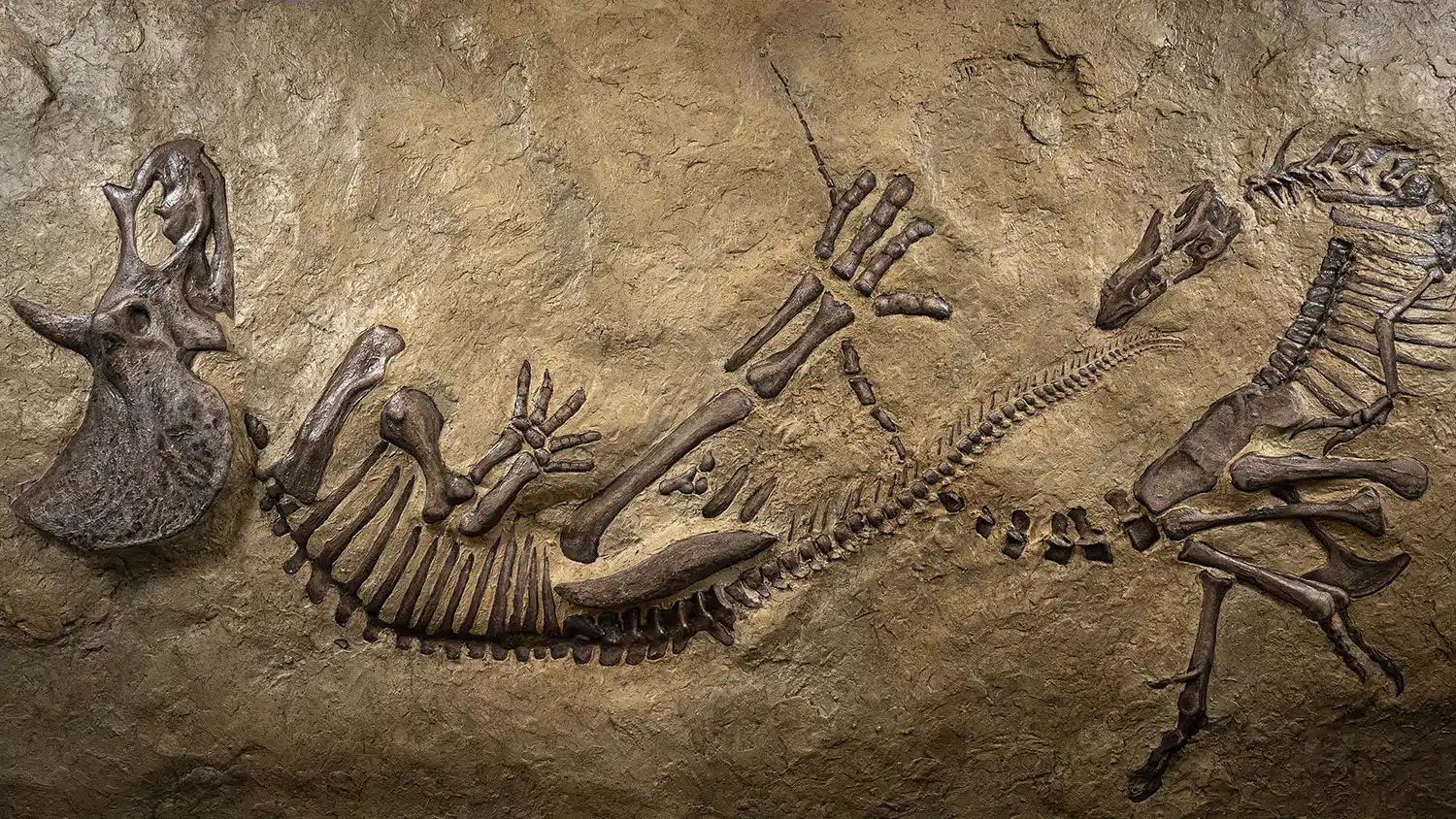
Museum Partnership Invites the Public Into Research

Removal of DC’s Cherry Blossoms Reflects Troubling Future For Coastal Forests
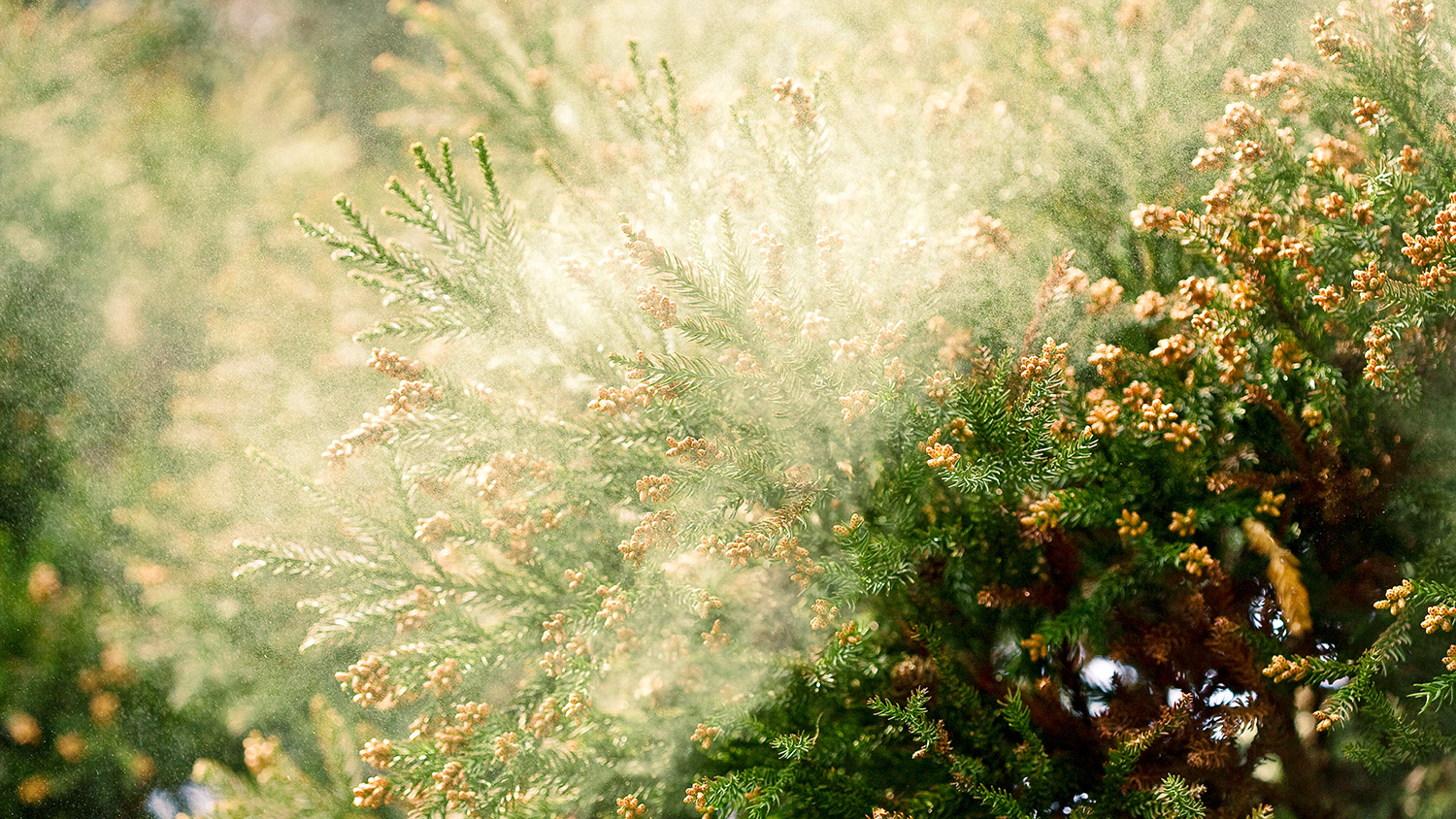
Seasonal Allergies Are Back, But Don’t Blame All Trees For Your Pollen Problems
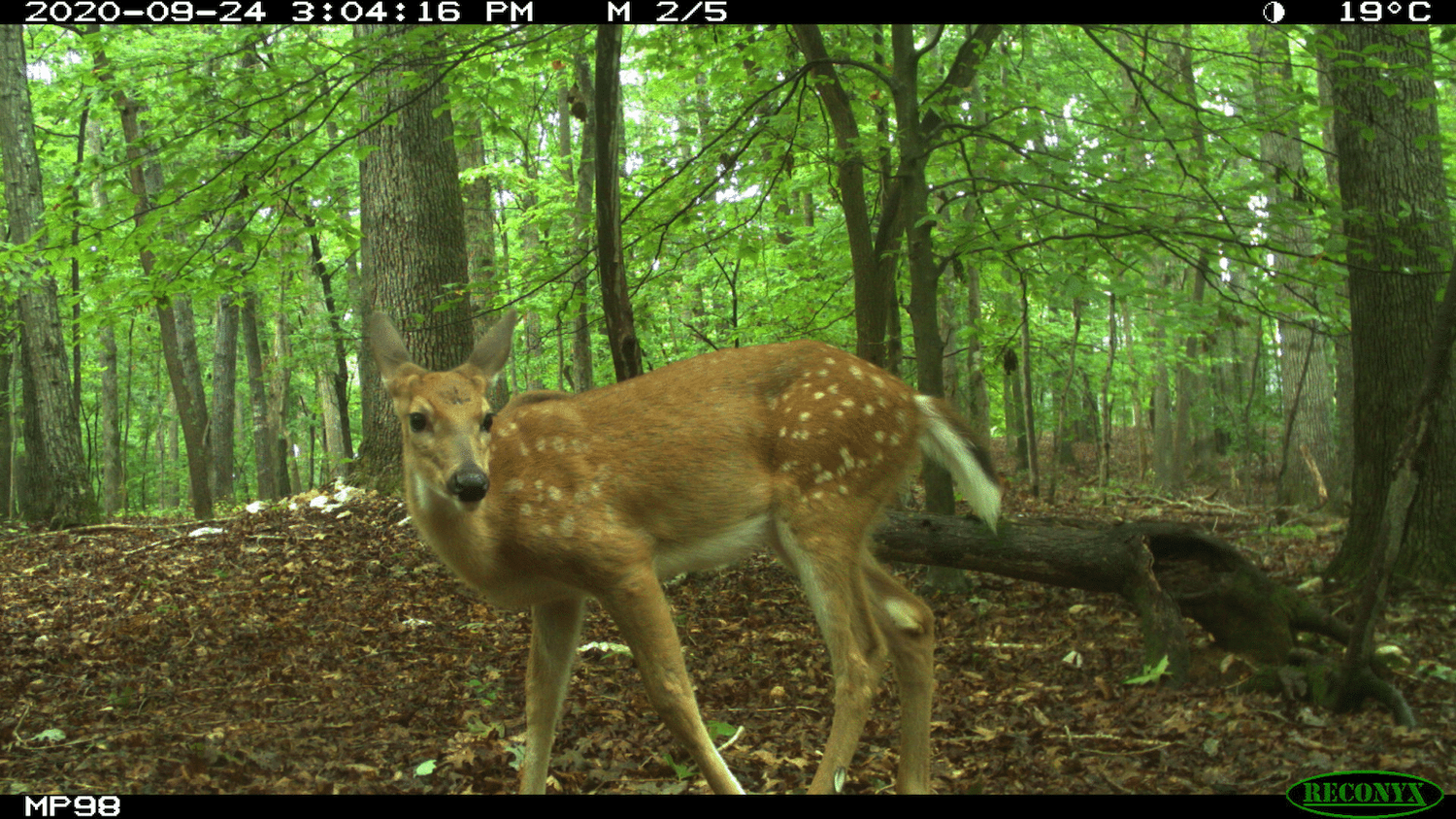
Camera Traps Help Researchers Explain Animal Behavior During Global COVID-19 Lockdowns

Improving Wood Products Could Be a Key to Reducing Greenhouse Gas Emissions
